Rent vs Buy: You Are Paying a Mortgage Either Way
I get it, you are probably thinking something like ‘Ellis, what are you talking about, I’m paying rent.” Exactly.
But unless your landlord owns your rental unit outright, you are paying their mortgage. Worse yet, they are reaping the benefit on the profit on the appreciation of parcel of Real Estate and they are getting the benefits of any tax breaks.
Now maybe you lease a car so you are comfortable being a renter. There is one major difference. Cars depreciate while homes appreciate.
So let’s take a deeper dive into this line of thought.
Unless you are living rent free with family members, you have a cost of housing. As an owner, your mortgage payment is a form of “forced savings” that allows you to have equity in your home you can tap into later.
As a renter, you guarantee your landlord is the person with that equity. I often mention to my clients that I don’t know of any instance where a landlord sells a property and shares the profit with the tenants. In other words the rent, once you pay it, is gone. Forever. You will never see that money again.
Let’s say your rent is around $4K per month which isn’t all that unusual or high in southern CA. If you rent for 10 years you have spent almost half a million dollars and have what to show for it?
At the current mortgage rates, if you borrowed around $750K, your principle and interest payments would be around $3500. Let’s say you are putting 20% down, that’s a purchase price of around $935K which can buy a townhome in Redondo Beach or a SFR in Torrance which would probably rent for around $4K. Or if not $4K than definitely high $3’s.
Yes, I’m leaving out property tax and home owner’s insurance in this example (add around another $1K) but I’m also not figuring any tax breaks in or appreciation. Yet.
Let’s talk about appreciation.
On a $900K home, if it goes up in value just around 3% a year, that’s around 30K annually before compounding.. So over ten years instead of paying someone else $500,000 you have just paid yourself $165K in reduced principle (you would owe around $585K after ten years) which you would get back upon sale plus your profit. And if the profit isn’t $300K and “only” $200K, that should still be more attractive than $500K gone forever.
Here’s some other things to consider.
Homeownership is a form of forced savings.
Homeownership provides a tax savings.
Homeownership allows you to lock in your monthly housing cost.
Buying a home is less expensive than renting.
No other investment lets you live inside of it.
Studies have shown that a homeowner’s net worth is greater than that of a renter.
“Buying remains the more attractive option in the long term – that remains the American dream, and it’s true in many markets where renting has become really the shortsighted option...as people get more savings in their pockets, buying becomes the better option.”
So about those savings in your pocket. Most buyers are not well informed about the down payment they really need.
According to the “2019 Home Buyer Report’”conducted by NerdWallet, many first-time buyers still believe they need a 20% down payment to buy a home in today’s market,
“More than 6 in 10 (62%) Americans believe you must put at least 20% down in order to purchase a home.”
When potential homebuyers think they need a 20% down payment to enter the market, they also tend to think they’ll have to wait several years (in some markets) to come up with the necessary funds to buy their dream homes. The report continues to say,
“The truth: 32% of current U.S. homeowners put 5% or less down on their home, according to census data.”
Which leaves me with one last thought.
Don’t let not understanding the process stop you from becoming a home owner. That’s what I’m here for - to help you with the process.
